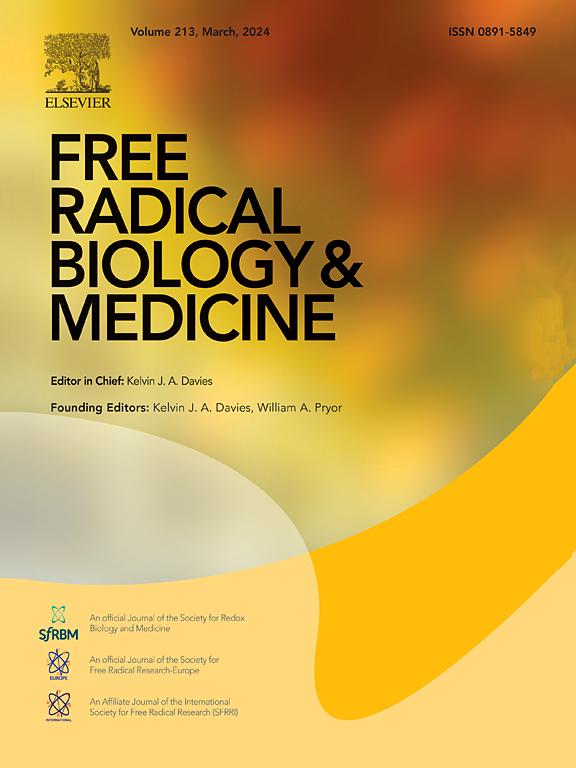Cold atmospheric plasma restores skewed macrophage polarization in triple negative breast cancers via enhancing KAT6A acetylation
Published:23 November 2024
DOI: 10.1016/j.freeradbiomed.2024.11.028
Kaiyuan Zhu, Qing lv, Xiaofeng Dai
Abstract
Breast cancer is the most common cancer diagnosed and the second leading cause of death of cancer among women in the world, due to inappropriate diagnosis and choice of therapeutic approach. The molecular profiles of breast cancers may switch among subtypes during treatments, leading to a phenotype such as triple negative breast cancers (TNBCs) that is more difficult to treat. Cold atmospheric plasma (CAP) has been demonstrated by many studies on its efficacy in arresting the malignancies of multiple cancer types including TNBCs that lack surface receptor expression and are thus the most difficult to treat among breast cancers. By analyzing the genetic testing reports of a breast cancer clinical case misdiagnosed with BRCA1 mutation, we characterized the importance of KAT6A in driving disease progression of this patient. Through exploring genes differentially regulated under physical interactions between KAT6A and SMAD3, we proposed the KAT6A/SMAD3/IL6/CD163 molecular axis capable of driving macrophage M2 polarization in the immune microenvironment of breast cancers. Through examining the expression landscapes of KAT6A at both transcriptional and translational levels, we proposed a possible role of KAT6A acetylation in reducing its ability in acetylating SMAD3 and subsequent oncogenic roles. Through analyzing the whole transcriptome and acetylome of TNBC cells in response to CAP treatment, we predicted the efficacy of CAP in resolving TNBCs via increasing KAT6A acetylation, which were validated both in vitro and in vivo. Our study, for the first time, presented the role of CAP in re-polarizing macrophages from the M2 to M1 state in the microenvironment of breast cancers via elevating KAT6A acetylation, and warranted careful interpretation of patients’ genetic testing reports by clinicians for the sake of minimizing mortalities due to inappropriate choice of therapeutic modalities.





